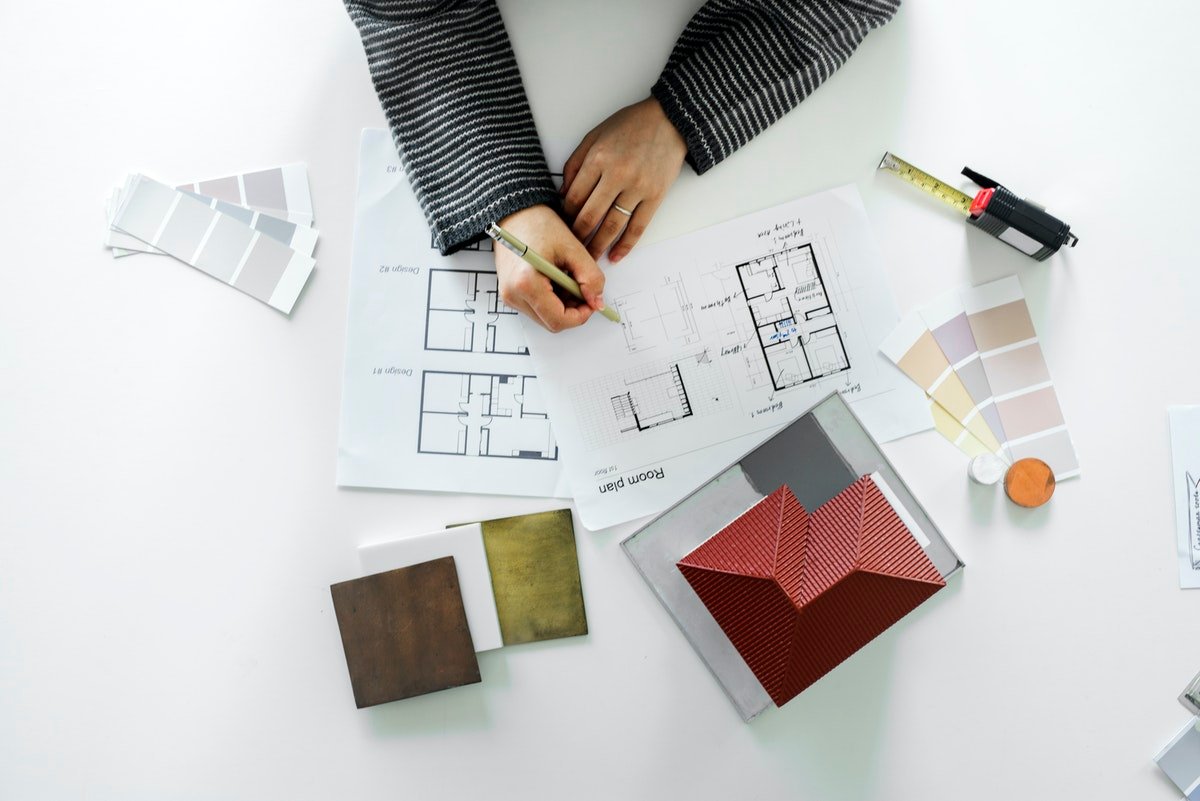Things to know before buying a property under construction

Some people are of the opinion that buying a brand-new house is wiser, while others say that sub-sale houses are the better buy.
The first option is likely to be more appealing for many, but like all other life-changing decisions, it is not one that should be made without doing prior research.
Here is everything you need to know before purchasing a property that is still under construction.
Upfront costs
The main attraction of purchasing under-construction projects is the low cost of entry. A typical sub-sale transaction would involve a down payment, stamp duty, legal fees, valuation fees, real estate agent’s fees and other miscellaneous fees.
However, for some under-construction projects, all you need to do is pay the booking fee! This is because some developers will offer various rebates and freebies, sometimes even waiving the down payment.
Don’t be easily fooled though, as these “rebates” have usually been included in the selling price and will still end up in your mortgage loan.
Having said that, purchasing a property while it is under construction will still be cheaper than if you buy it upon completion. It is not unusual to see prices rise by 20% or more once it is fully developed.
Note: First home buyers currently enjoy full stamp duty exemption on all residential properties priced under RM500,000 for both primary and secondary market purchases.

Ease of information
Since developers are looking to fill up spots, their promotions will be widespread and it is possible to find information about them even before construction begins.
To view the model, all you have to do is go to their office or showroom. You may even find representatives opening booths at shopping malls or other areas with high traffic to attract the public’s attention.
During the pandemic, it may not be possible to visit a showroom, however, most developers have migrated to the internet for marketing and you can still get a virtual tour of the upcoming development.
Meanwhile, for sub-sale transactions, it can be tricky as you will need to view a range of individual units before making your decision.
For each of them, there are a few factors to double-check, such as the condition, market valuation and rental price. In the process, you will also need to negotiate with the different owners and agents.
Availability
If you are in a rush to move into a new home, then an under-construction property is not the right choice for you.
Not only will you have to wait a few years until its completion, but your bank credit is also locked away for the total sum of the loan, making it difficult for you to obtain another property within that period.
You will also need to be prepared in the case of late completion of the project.
Be sure to enquire about extra guarantees such as handouts or penalty in the event of a delay in development. Ask them everything you can think of about a backup plan and guarantee.
Don’t worry about asking too many questions as you will be putting in a large sum of money. It is always better to be safe than sorry.
In contrast, for sub-sale property, it only takes a few months for the legal paperwork to be completed and the keys handed over to you.
Granted, there could be some restoration and minor upgrades for you to carry out before moving in, but you still get to live there sooner than purchasing a project under development.

Warranty
When you buy a brand-new property directly from the developer, it typically comes with a defect liability period, which could be up to 24 months, entitling the owner to highlight any defects in the unit.
Defect liability covers all defects caused by defective material and workmanship, such as cracked walls and faulty plumbing, and the developer will bear the costs of rectifying the issue.
According to the law, if the defects are not in good condition (after 30 days), the buyer may notify the developer by sending a notice accompanied by the estimated cost.
Should the developer fail to respond to the notice, the owner may proceed with remedying the issue themselves, and later charge the cost through the stakeholder lawyer.
Return on investment
In this aspect, purchasing a sub-sale property may be easier as the current market value and rental price is easily obtainable. You can also rent it out immediately for some extra cash to help pay the mortgage.
For a project under construction, however, there is a lot more research involved in trying to estimate the return you will get from the purchase.
One of the most useful ways is to do your homework on property transactions and rental prices in the surrounding area. Better still, find a project that is similar to the one you plan to purchase.
This will give you a projection of how much your purchase may appreciate over the following years. Property Advisor is a portal that not only allows you to search for the current median price of an area, it also automatically recommends similar projects.
Another important factor to consider in your research is the facilities, both in the project itself and in the proximity.
If there are essential amenities and facilities such as supermarkets, school, clinics and easy accessibility to highways, that means it’s a strategic location and will likely enjoy an increase in value.
Source: FMT News














POST YOUR COMMENTS